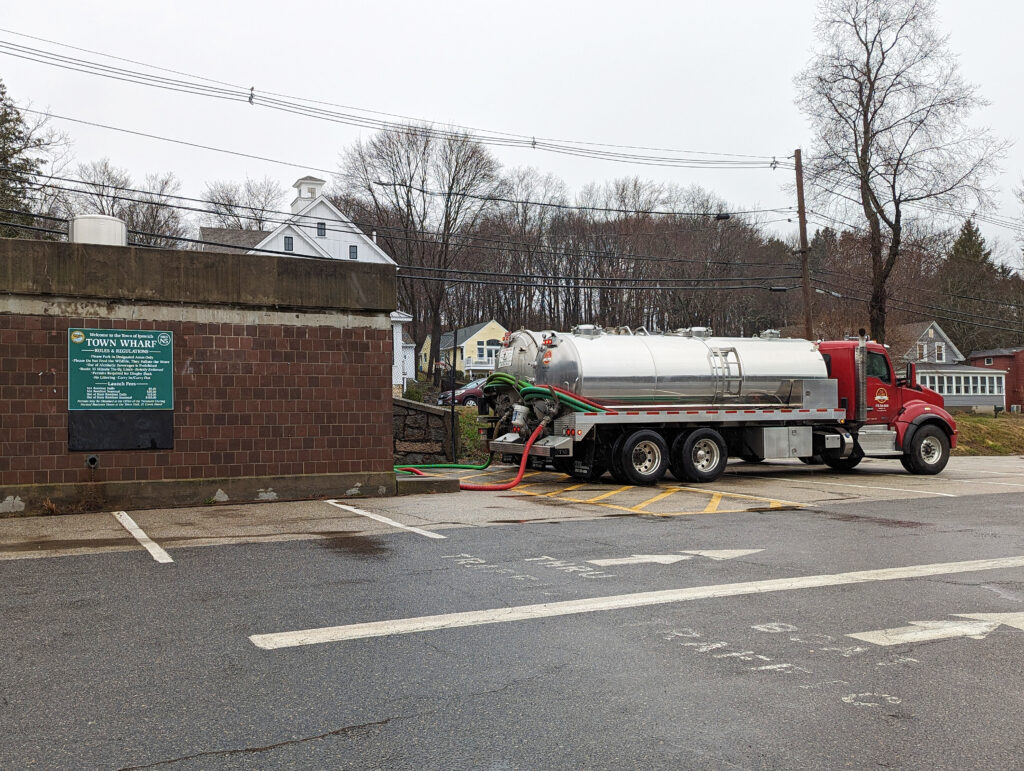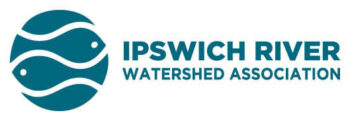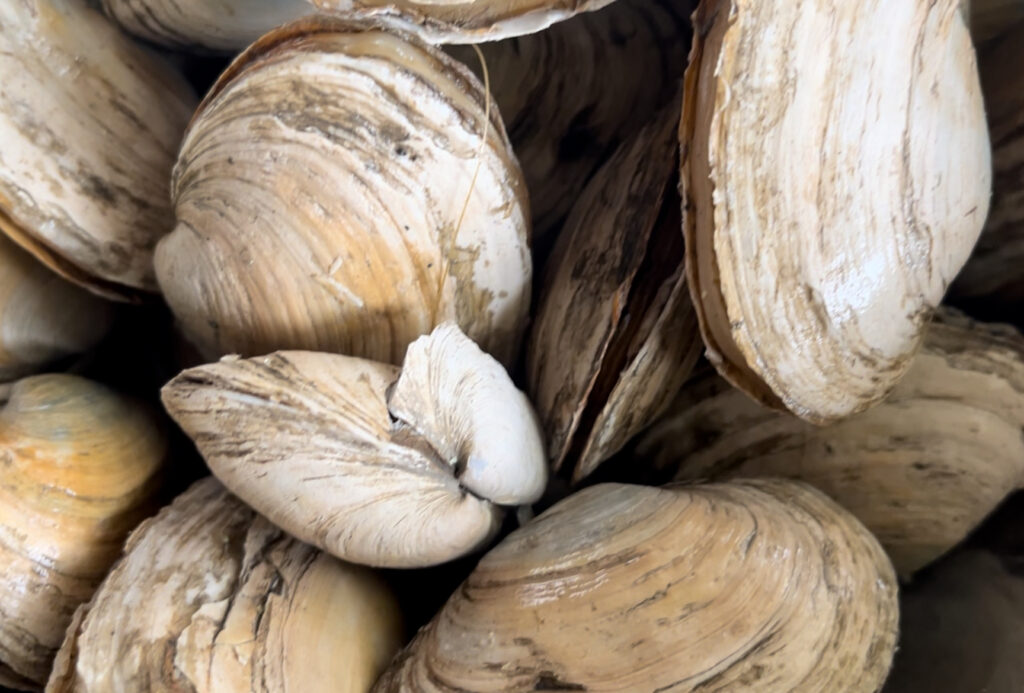The Ipswich River contains several hundred acres of highly productive shellfish beds and about a million dollars worth on average each year are harvested from the River. It didn’t always used to be this way.
Following the realization of the link between sewage-contaminated water and human illness at the turn of the last century, the Ipswich River as well as much of the coast was closed to shellfishing to protect public health. Following more than a decade of hard work led by the Ipswich River Watershed Association and its volunteers to find and report pollution sources, the Town of Ipswich undertook a comprehensive cleanup effort. The river was reopened to clamming for the first time in nearly a century. As a result, since the year 2000, due to water quality improvements, the river has been a boon to the more than 100 commercial shellfishing families dependent on clamming for their livelihoods in Ipswich, as well as the several hundred recreational shellfishers from across the State that are licensed to harvest in the River.
Since that time, IRWA has worked vigilantly to keep the river clean enough to allow this traditional and critically important fishery to stay open. Unfortunately, as filter feeders, shellfish concentrate pollutants in their bodies making them extremely susceptible to even the smallest amounts of contaminants in water. As such, the river is only open to clamming during dry weather as stormwater flushes pollutants off the ground surfaces over wide areas and into the river. So much pollution comes from ground surfaces that the river must be closed for several days following every rainfall event over a quarter of an inch. This past winter, and spring, we’ve seen frequent and heavy rainfall. The river has been closed more than it’s been open to clammers. This has been devastating to the local shellfish industry.
Not only does rainfall generate stormwater runoff, it can overwhelm local sewage treatments systems as well due to rainwater infiltration into the collection system. As a result, most coastal sewage systems in Massachusetts overflow and have to release untreated or partially treated sewage known as “Combined Sewage Overflows (CSO’s)” during heavy rain events into our rivers and bays closing shellfish beds all over the State. And when that happens, shellfish have to remain closed for nearly a month to allow the sewage to dissipate.
Due to many years of advocacy by IRWA members, our partners and the Massachusetts Rivers Alliance, the Massachusetts legislature recently enacted a new law requiring public notification of these once secretive events. Thankfully this doesn’t happen in Ipswich. Although Ipswich’s sewage system is subject to rainwater infiltration like most others and has a CSO on the river, it goes the extra mile by preemptively stationing a fleet of pump trucks before every heavy rain event at its primary pump station along the river to provide extra capacity. This prevents the overflow into the river. Ipswich’s Water and Wastewater Director Vicki Halmen and her crew implemented this voluntary program to keep our river clean and open to clamming as much as possible. Kudos to her and her team!
Not only does IRWA and our RiverWatch volunteers help to keep the river clean and healthy, we work to help clamming in other ways. Did you know that one of the most strongly recommended actions by scientists to protect salt marshes and clam flats from the impacts of climate change and sea level rise is to remove head of tide dams in order to restore natural riverine processes and sediment supply to marshes and tidal flats containing shellfish? That’s one of the reasons that the Ipswich Mills Dam removal project is such a high priority nationally and why IRWA and its saltmarsh and shellfish habitat restoration partners want to free the river.

Sewage pump trucks line up at Ipswich’s Town Wharf pump station to prevent sewage overflows into the river during heavy rainstorms to protect shellfishing and keep the river clean.

